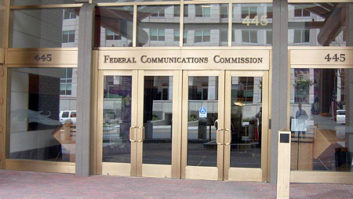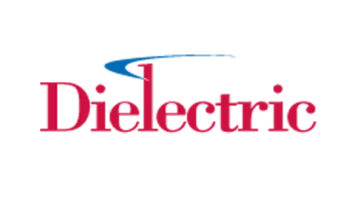The effort to embed and activate FM chips in smartphones and other mobile devices is now a coordinated effort between proponents in the U.S., Europe and Australia.
The BBC announced the coalition for the “Universal Smartphone Project,” which includes commercial broadcasters from the U.K., the European Broadcast Union, iHeartMedia, Emmis, iBiquity, NAB and Commercial Radio Australia. They’re prodding manufacturers and carriers to embed and activate FM and DAB tuners into handsets.
Because iBiquity is involved, presumably the ability to include HD Radio on those FM chips is involved as well, especially since the joint NextRadio-iBiquity effort was announced at the Radio Show. There, proponents said that includes international efforts for both technologies.
We’ve reported many countries overseas already activate FM chips into smartphones; carriers often see that as a low-cost way of providing a music listening option to consumers. The universal smartphone effort is a combo FM/DAB/Internet project, with the user listening to FM using an app on the embedded and activated FM tuner in their smartphone; the Internet would be part of the so-called “backchannel” for efforts to interact either with stations or their advertisers, for example.
Proponents hope the development will spark the interest of Google and Apple so they’d include FM for their devices as well as persuade carriers in addition to Sprint to include FM chips in smartphones.
BBC Radio Director Helen Boaden calls the U.K.-led partnership “a response to listeners’ demand for simple, charge-free radio in mobile phones.”
U.K. proponents are hoping the technology development efforts will interest 15- to 24-year-old potential listeners as sales of smartphones and connected cars increase.
In the U.K., DAB receiver sales have declined and the government has postponed plans to switch off FM analog service. Mark Fiend, BBC’s head of multiplatform radio, tells the Telegraph that the universal smartphone effort is the best way “to remove the barriers that currently exist to listening” on smartphones, touting the same benefits NextRadio does: improved battery life and lower data plan charges.











